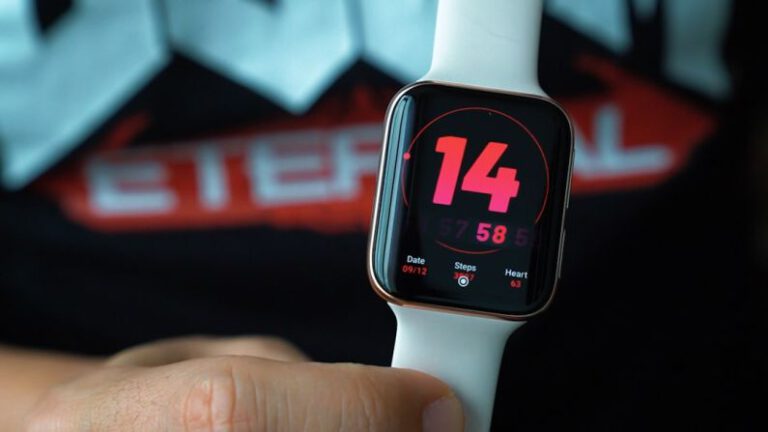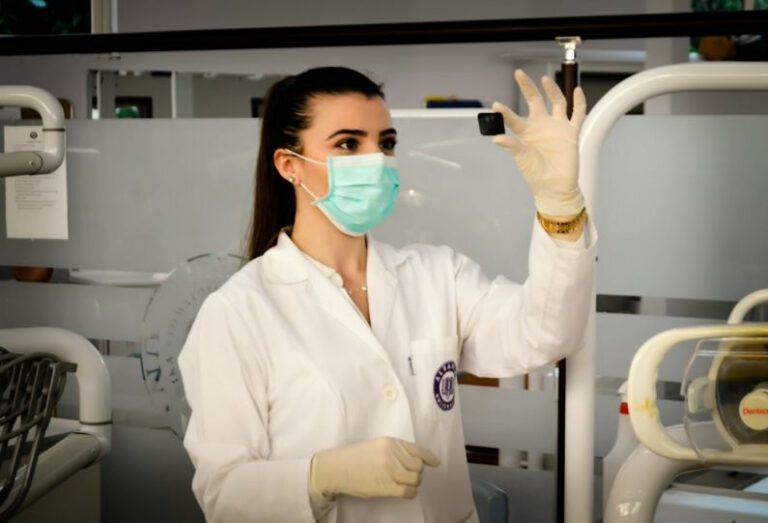Lab-on-a-chip Devices: the Future of Instant Diagnosis
In the fast-paced world of healthcare, the demand for quick and accurate diagnostic tools is ever-growing. Traditional methods of diagnosis often involve time-consuming processes that can delay treatment and compromise patient outcomes. However, with the advent of lab-on-a-chip devices, a revolutionary shift in the way we diagnose illnesses is underway. These tiny, portable devices have the potential to transform the field of diagnostics, offering rapid and precise results that can lead to early intervention and improved patient care.
Miniature Marvels: The Basics of Lab-on-a-chip Devices
Lab-on-a-chip devices, also known as microfluidic devices, are miniaturized platforms that integrate multiple laboratory functions onto a single chip. These devices are typically the size of a credit card or smaller, yet they have the capability to perform a wide range of complex diagnostic tests. By leveraging microfluidic technology, lab-on-a-chip devices can manipulate small volumes of fluids and conduct various analytical procedures with high efficiency and sensitivity.
The Power of Integration: Multiple Functions on a Single Chip
One of the key advantages of lab-on-a-chip devices is their ability to integrate multiple functions into a single platform. Traditional diagnostic tests often require separate steps and equipment for sample preparation, analysis, and detection. In contrast, lab-on-a-chip devices can streamline these processes by combining them into a compact and automated system. This integration not only reduces the time and resources needed for testing but also minimizes the risk of contamination and human error.
Versatility in Action: Applications Across Various Fields
The versatility of lab-on-a-chip devices extends to a wide range of applications in healthcare, environmental monitoring, and beyond. In the medical field, these devices can be used for rapid screening of infectious diseases, monitoring of chronic conditions, and detection of biomarkers for early disease diagnosis. Lab-on-a-chip devices have also found applications in environmental testing, food safety analysis, and drug development, showcasing their potential to revolutionize multiple industries.
Real-time Results: Accelerating Diagnosis and Treatment
One of the most significant benefits of lab-on-a-chip devices is their ability to provide real-time results. By enabling rapid analysis of biological samples, these devices can facilitate on-the-spot diagnosis and treatment decisions. For patients, this means faster access to care and the potential for improved outcomes. In emergency situations, where time is of the essence, lab-on-a-chip devices can be invaluable in guiding critical interventions and saving lives.
Shrinking the Laboratory: Portable and Point-of-care Solutions
Lab-on-a-chip devices are paving the way for portable and point-of-care diagnostics, bringing the capabilities of a laboratory to the bedside or even the palm of your hand. These miniaturized devices can be easily transported to remote or resource-limited settings, expanding access to quality healthcare services. With the growing trend towards personalized medicine and preventive care, lab-on-a-chip devices offer a convenient and cost-effective solution for rapid screening and monitoring of health conditions.
The Road Ahead: Advancements and Challenges in Lab-on-a-chip Technology
As lab-on-a-chip technology continues to evolve, researchers are exploring new ways to enhance the capabilities of these devices. Advances in materials science, microfabrication techniques, and bio-sensing technologies are driving innovations in the field, opening up possibilities for more sensitive, multiplexed, and user-friendly diagnostic platforms. However, challenges such as standardization, scalability, and regulatory approval remain hurdles that need to be addressed to realize the full potential of lab-on-a-chip devices.
A Glimpse into the Future: Transforming Healthcare with Lab-on-a-chip Devices
In conclusion, lab-on-a-chip devices represent a paradigm shift in the field of diagnostics, offering a glimpse into the future of instant diagnosis. With their compact size, integrated functionality, and rapid results, these miniature marvels have the potential to revolutionize healthcare delivery, improve patient outcomes, and empower individuals to take charge of their health. As the technology continues to advance and overcome challenges, lab-on-a-chip devices are poised to become indispensable tools in the arsenal of modern medicine.






